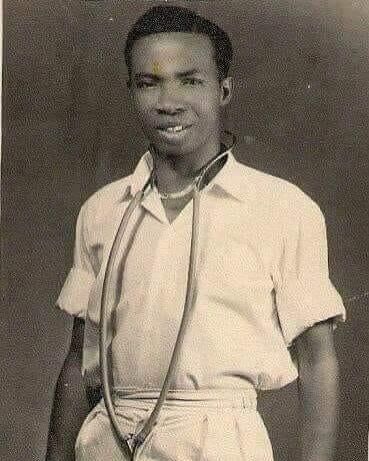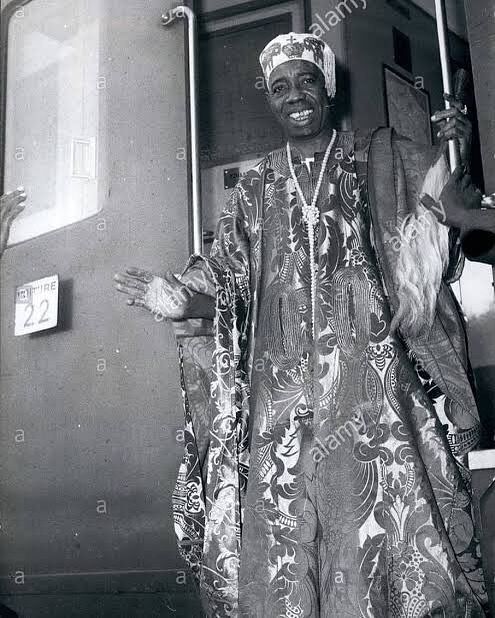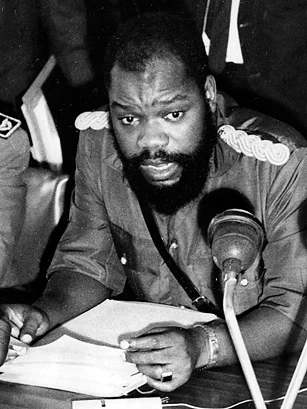Until his passing on January 7, 1983, Oba Daniel Anirare Aladesanmi II served as the 18th Ewi of Ado-Ekiti from June 18, 1937. Oba Ajimudaoro Aladesanmi I, who ruled from 1886 to 1910, was his father. He was born in 1902. After attending St. Andrews College Oyo, where he served as both the president of the Ekiti Parapo Society and a school prefect, he joined the Department of Railways, where he held higher-level positions until his promotion. During the colonial era, Oba Aladesanmi II was a well-known Yorubá monarch. He was regarded by the colonial authorities as a wise and well-educated king, and in 1938 he was named President of PeluPelu Obas, a Council of paramount Kings in Ekiti. In 1940, barely two years into his reign, he struggled with a number of internal issues, including land disputes, power struggles, youth riots, and protests. Ado-Ekiti was thrown into chaos, and the populace demanded that the young King be overthrown, but the colonial authority refused. By implementing a number of developmental projects, such as building a new palace, a weaving center for women’s and children’s empowerment, expanding roads, etc., Oba Aladesanmi was able to turn the crisis around. He was the Western House of Chiefs’ Deputy President and took part in the 1959 Constitutional Independence Conference. Queen Elizabeth II bestowed upon him the Order of the British Empire (OBE) in 1962, and in 1978, General Olusegun Obasanjo, the then-head of state, bestowed upon him the national honor of Commander of the Federal Republic (CFR).



